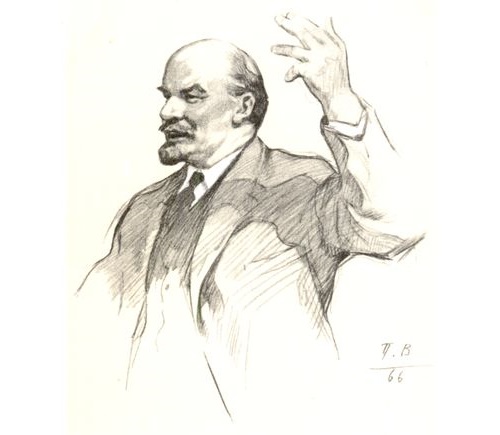Been two years since I've been theoryposting. Time to shake off the rust and get back to it.
cross-posted from: https://hexbear.net/post/240437
The following is copied from the Great Soviet Encyclopedia on Dialectical Materialism.
The philosophy of Marxism-Leninism; a scientific world view; a universal method of cognition of the world; the science of the most general laws of the movement and development of nature, society, and consciousness. Dialectical materialism is based on the achievements of modern science and advanced social practice; it is constantly developed and enriched as they progress. It constitutes the general theoretical foundation of Marxist-Leninist teaching. Marxist philosophy is materialistic, since it proceeds from the recognition of matter as the sole basis of the world; it views consciousness as the attribute of a highly organized, social form of matter’s motion, a function of the brain, the reflection of the objective world. It is called dialectical because it recognizes the universal interrelationship between objects and phenomena and stresses the importance of motion and development in the world as the result of the internal contradictions operating in the world itself. Dialectical materialism is the highest form of modern materialism and the sum total of the entire preceding history of the development of philosophical thought.
Origin and Development
Marxism as a whole, and dialectical materialism, a component of it, emerged in the 1840’s, when the proletariat’s struggle for its social liberation imperiously demanded some knowledge of the laws of development of society. This was impossible without materialist dialectics and the materialist explanation of history. The founders of dialectical materialism, K. Marx and F. Engels, subjected social reality to a profound, thoroughgoing analysis, critically reworking and assimilating everything positive that had been achieved previously in the areas of philosophy and history and creating a qualitatively new world view that became the philosophical basis for the theory of scientific communism and for the practical activity of the revolutionary workers’ movement. Marx and Engels were developing dialectical materialism in a sharp ideological struggle against various forms of the bourgeois world view.
The immediate ideological sources of Marxism were the basic philosophical, economic, and political doctrines of the late 18th century and the first half of the 19th century. Marx and Engels creatively reworked Hegel’s idealist dialectics and earlier philosophical materialism, particularly the doctrine of Feuerbach. They revealed the revolutionary aspects of Hegel’s dialectics—the idea of development and its source and motive power, contradiction. Also important in the development of Marxism were the ideas of the exponents of classical bourgeois political economy (A. Smith and D. Ricardo), the works of the Utopian socialists (C. H. Saint-Simon, F. M. C. Fourier, and R. Owen), and the works of French historians of the Restoration (J. N. A. Thierry, F. P. G. Guizot, and F.-A.-M. Mignet). The achievements of natural science of the late 18th century and the 19th century played an important role in the development of dialectical materialism. (Dialectic was spontaneously forcing its way into the field of natural science.)
